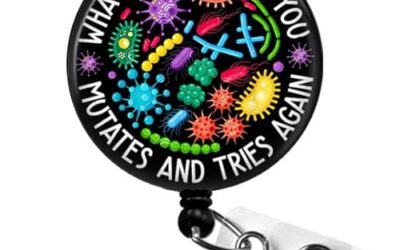
As recent research has shown, microbial contamination of non-sterile products continues to be a problem for the pharmaceutical industry. One of the most common contaminants is Burkholderia cepacia complex (Bcc), a group of antibiotic- and antimicrobial agent-resistant bacteria that pose particular risks for immunocompromised individuals. To help minimize the threats of this notorious contaminant, on December 1st, 2019 the US Pharmacopeia (USP) added <60>, which requires testing for Burkholderia cepacia complex on non-sterile aqueous based products.
Interview with Microbiologics’ Kali Sorum RM(NRCM) on Bcc Testing
With the implementation of these new regulations, American Pharmaceutical Review interviewed Microbiologics’ Technical Support Supervisor, Kali Sorum, RM(NRCM) to discuss USP <60> compliance. The interview covers the challenges of quality control testing, the role of technical support in understanding quality control procedures, and the new products available to meet USP <60> requirements.
Read the interview here.
Webinar: Burkholderia cepacia Contamination of Pharmaceutical Products and compliance with USP <60>
To help pharmaceutical manufacturers protect their customers from Bcc, American Pharmaceutical Review presented a webinar on compliance with USP <60>. Presenters include Kali Sorum, RM(NRCM), and Dr. Luis Jimenez, a leader in the study of Bcc contamination. Dr. Jimenez discusses the latest science on Bcc contamination, while Sorum covers practical guidelines for Bcc testing. As Sorum stresses, “Compliance doesn’t have to be complicated. Join us to learn how you can simplify your Bcc testing.”
View a replay of the webinar here.





0 Comments